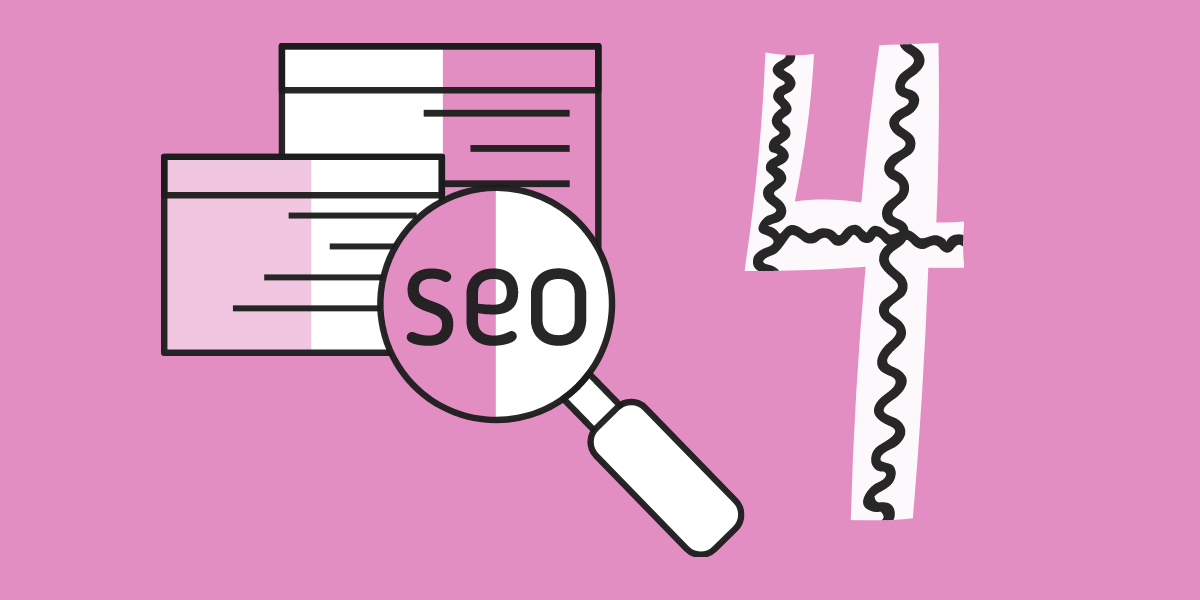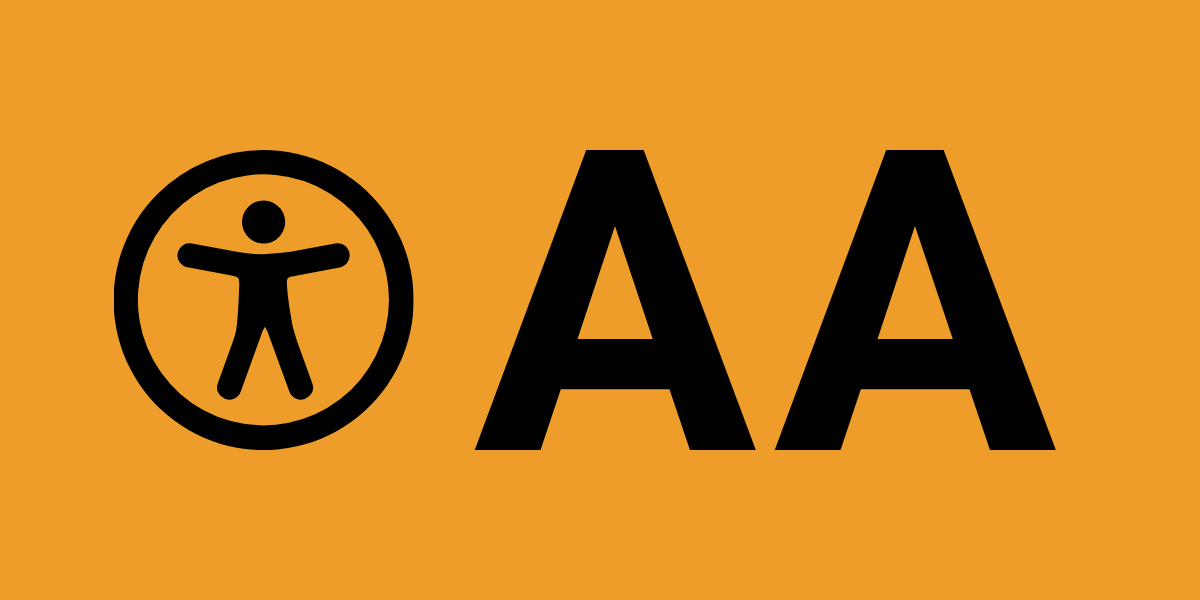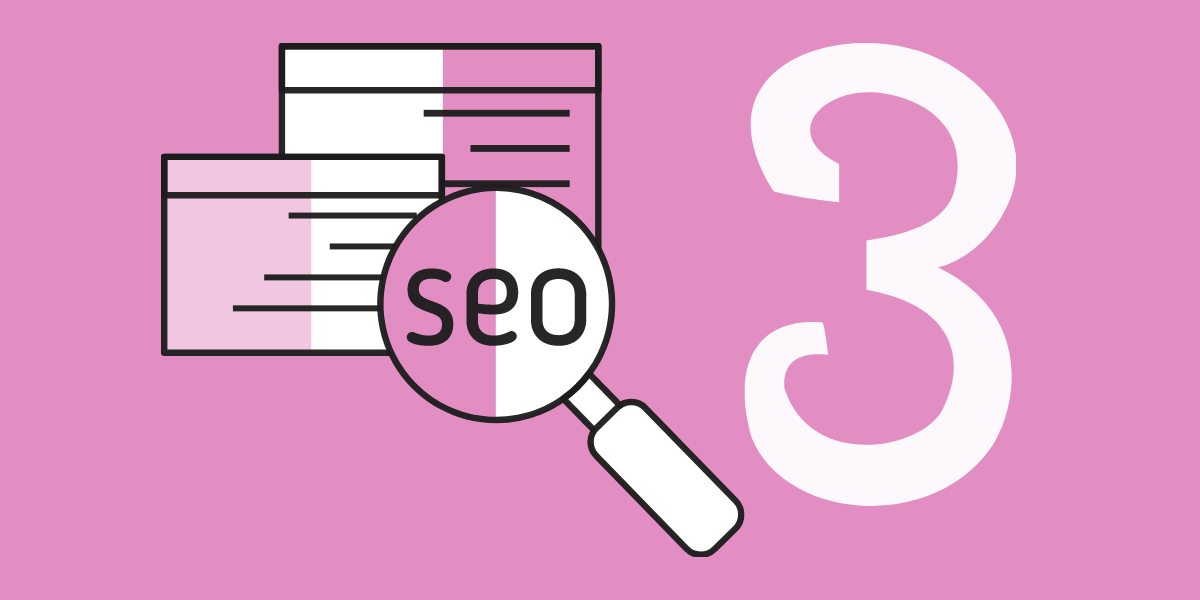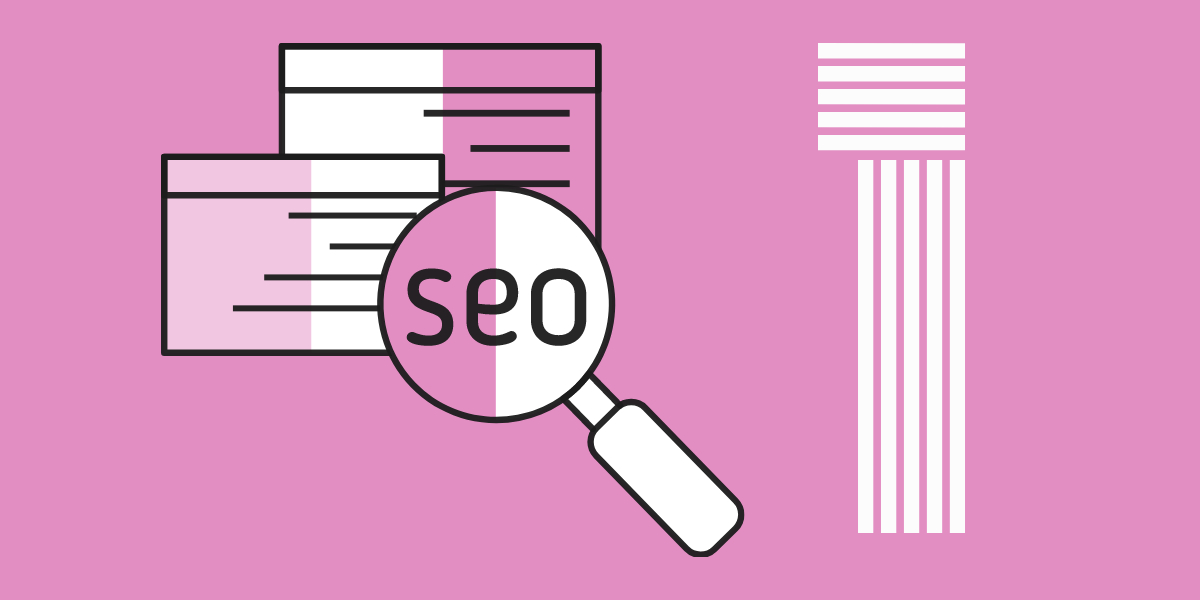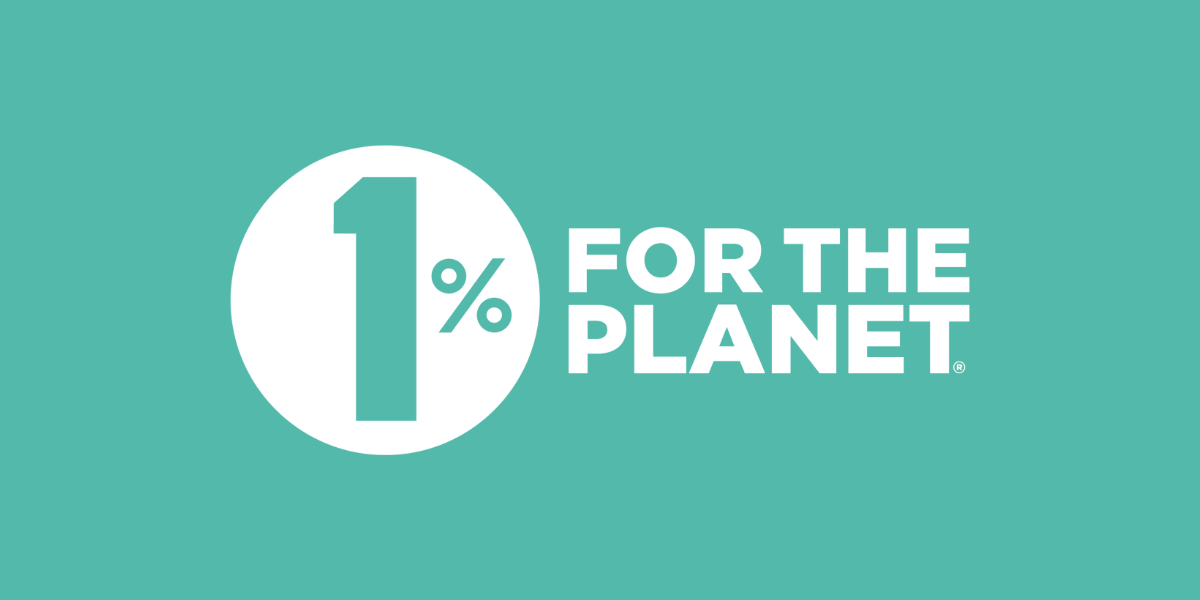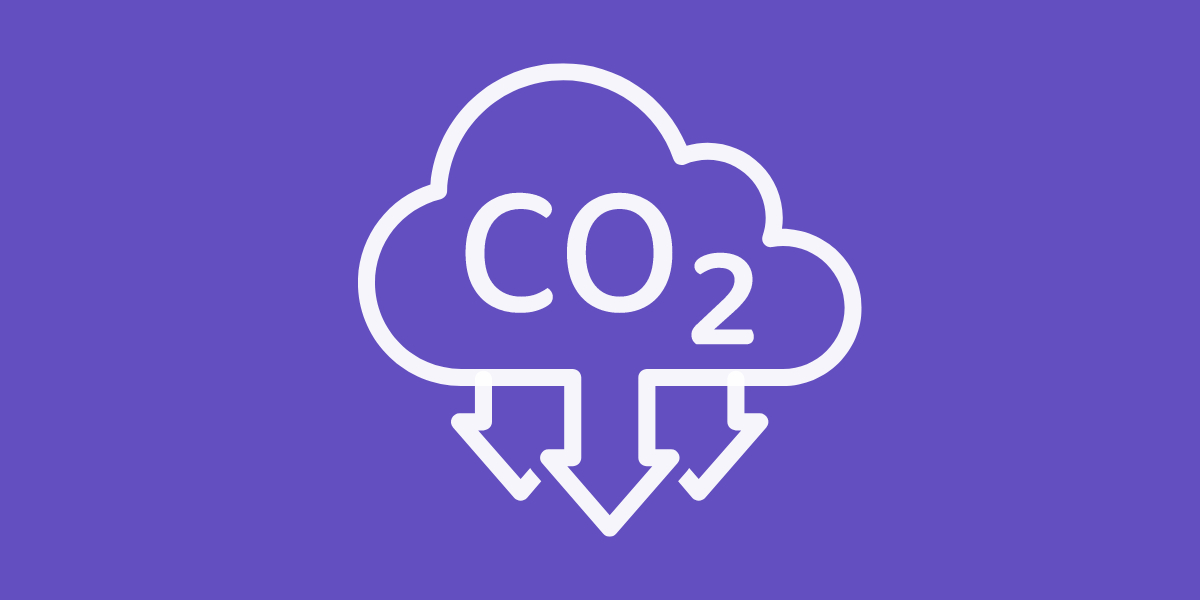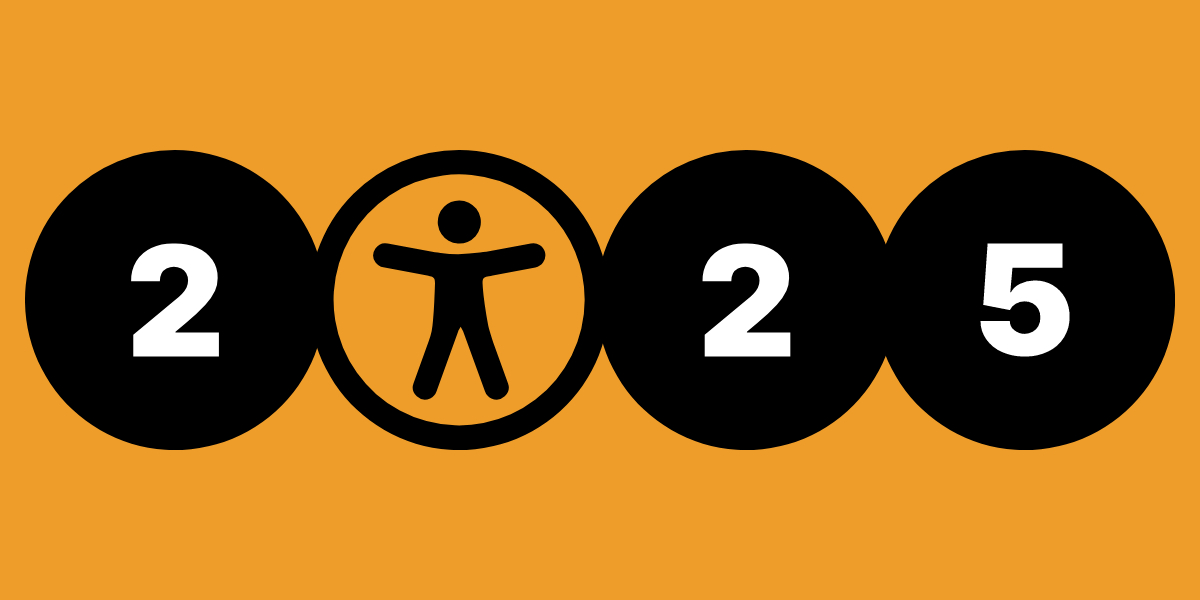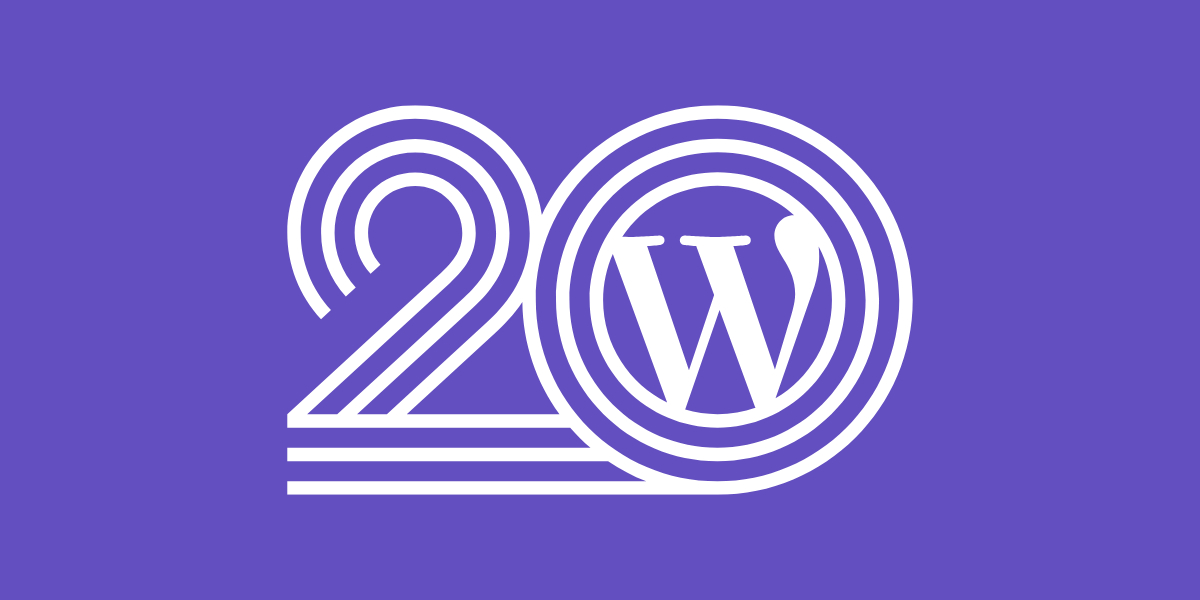SEO for Beginners, Part 4: Off-Page SEO
In the previous parts of our SEO guide for beginners, we have talked about what really matters in SEO, the basics of Keyword-Rechercheund how to optimise your content on-page. Now it’s time to dive into off-page SEO—the practices that happen outside of your website that help improve your search engine rankings. While on-page SEO focuses on optimising your own website, off-page SEO is about building your site’s authority and reputation across the web.
In this chapter, we’ll explore what off-page SEO is, why it’s important, and the key strategies you can use to build trust and authority in the eyes of search engines.
What is off-page SEO?
Off-page SEO refers to all the actions taken outside of your website that influence your rankings in search results. It’s about building your website’s credibility through external factors, such as backlinks from other sites, social media mentions, and engagement signals.
Google and other search engines see off-page SEO factors as signals of trust und authority. If other reputable websites are linking to your content or people are sharing your articles on social media, it shows that your website is valuable and reliable.
Why does off-page SEO matter?
Off-page SEO helps search engines answer key questions like:
- Is your website credible?
- Do others see your content as valuable?
- How authoritative is your site compared to your competitors?
Building off-page SEO strengthens your site’s reputation, making it more likely to rank higher in search results. The more high-quality, relevant websites that link back to your content, the more search engines will view your site as a trusted source.
The importance of backlinks
Backlinks, also known as inbound links oder incoming links, are one of the most critical components of off-page SEO. A backlink occurs when another website links to your content. Think of it as a vote of confidence—when reputable websites link to yours, it signals to search engines that your content is trustworthy.
However, not all backlinks are created equal. The quality of the backlink matters more than the quantity. A few backlinks from high-authority websites (like well-established blogs or news sites) will have a greater impact on your rankings than dozens of backlinks from low-quality or irrelevant websites.
Here’s what makes a backlink valuable:
- Authority of the linking site: Links from well-established, authoritative sites carry more weight.
- Relevance: A backlink from a website in your industry or niche is more valuable than one from an unrelated site.
- Anchor text: The clickable text of the link should be relevant to your content. Keywords in anchor text can help search engines understand the context of the link.
How to build high-quality backlinks
Now that you know why backlinks are important, let’s explore some effective strategies for earning them.
1. Create high-quality, shareable content
The best way to attract backlinks is to create content that people want to link to. Focus on producing high-quality, valuable content that offers unique insights, detailed research, or practical solutions to problems. When your content is truly helpful, other websites will naturally want to reference and link to it.
Examples of content that tends to attract backlinks:
- Comprehensive guides or “how-to” articles.
- Original research or data studies.
- Infographics that visually explain complex topics.
- Expert interviews or guest posts.
2. Guest posting on other blogs
Guest posting involves writing articles for other websites in your niche in exchange for a backlink to your own site. It’s a win-win situation: the host site gets fresh content, and you get a backlink to improve your off-page SEO.
To succeed with guest posting:
- Target relevant blogs in your industry with high domain authority.
- Pitch original, high-quality content that provides value to the blog’s audience.
- Include a backlink to your site in the author bio or within the content itself.
3. Build relationships with influencers
Building relationships with influencers and thought leaders in your industry can open doors for collaboration and backlink opportunities. Influencers often have a large following and can help amplify your content, increasing your chances of earning backlinks.
Ways to engage with influencers:
- Reach out with personalised messages and offer to collaborate on content.
- Comment on their blogs or social media posts to build a rapport.
- Share their content and tag them in your posts to show your appreciation.
4. Reclaim lost or broken links
Sometimes websites link to your content, but over time, those links may become broken or outdated. You can use tools like Ahrefs oder SEMrush to find broken backlinks that point to your site and request that the linking website updates them.
Additionally, if other sites mention your brand or content without linking to it, you can politely ask them to add a link. This is known as link reclamation, and it’s a quick way to earn backlinks without creating new content.
5. Engage in Public Relations (PR)
Building relationships with journalists and online publications can help you earn mentions und backlinks from high-authority websites. Whether through news coverage, interviews, or contributions to industry discussions, PR outreach can be a powerful way to boost your off-page SEO.
To get started with PR:
- Pitch story ideas or press releases to journalists in your niche.
- Respond to media inquiries through platforms like HARO (Help a Reporter Out).
- Contribute expert opinions to relevant industry publications.
Social media and off-page SEO
While social media activity doesn’t directly impact search engine rankings, it plays an important supporting role in off-page SEO. Sharing your content on platforms like Twitter, Facebook, or LinkedIn helps it gain visibility, driving traffic to your site and potentially earning backlinks.
Here are a few tips for using social media to support your off-page SEO efforts:
- Share your content regularly to reach a wider audience.
- Engage with your followers by responding to comments and sharing valuable content.
- Collaborate with influencers who can amplify your content and extend your reach.
Other off-page SEO factors
While backlinks are the most important off-page SEO factor, there are other elements that contribute to building your website’s authority:
- Brand mentions: Even if they don’t include a link, mentions of your brand on other sites can signal authority to search engines.
- Google Business Profile: For local businesses, optimising your Google Business Profile and encouraging positive reviews can improve your local SEO.
- Forums and communities: Engaging in industry forums, online communities, or Q&A sites like Reddit or Quora can help build your reputation and earn backlinks.
Schlussfolgerung
Off-page SEO is about building your website’s authority and trust through external signals like backlinks, brand mentions, and social media engagement. By focusing on earning high-quality backlinks and engaging with your industry, you can improve your site’s credibility and search engine rankings.
In our next post, we’ll dive into technical SEO, which involves optimising your website’s backend to ensure that search engines can crawl and index your content effectively.
